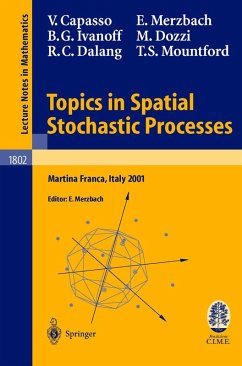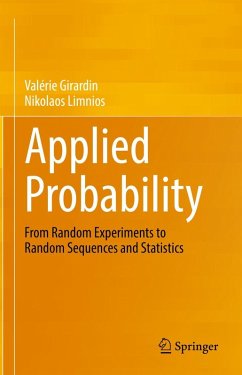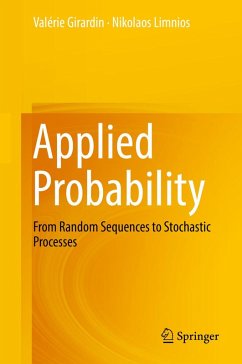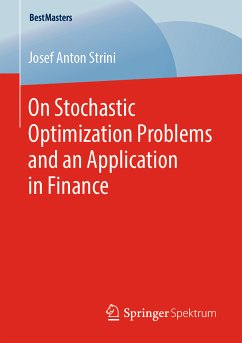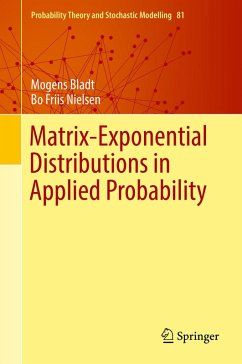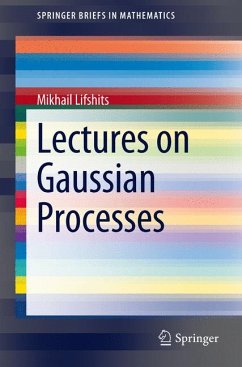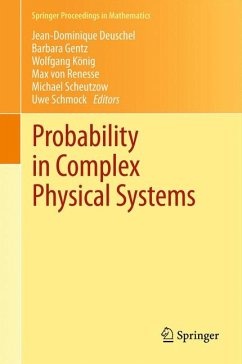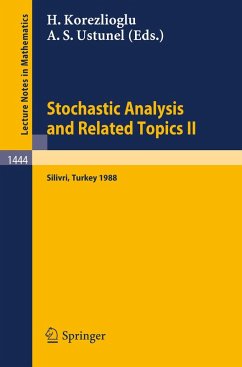
Big Queues (eBook, PDF)
Versandkostenfrei!
Sofort per Download lieferbar
40,95 €
inkl. MwSt.
Weitere Ausgaben:

PAYBACK Punkte
20 °P sammeln!
Big Queues aims to give a simple and elegant account of how large deviations theory can be applied to queueing problems. Large deviations theory is a collection of powerful results and general techniques for studying rare events, and has been applied to queueing problems in a variety of ways. The strengths of large deviations theory are these: it is powerful enough that one can answer many questions which are hard to answer otherwise, and it is general enough that one can draw broad conclusions without relying on special case calculations.
Dieser Download kann aus rechtlichen Gründen nur mit Rechnungsadresse in A, B, BG, CY, CZ, D, DK, EW, E, FIN, F, GR, HR, H, IRL, I, LT, L, LR, M, NL, PL, P, R, S, SLO, SK ausgeliefert werden.






